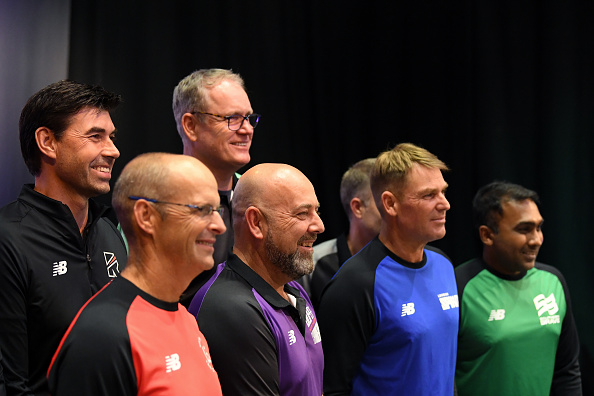Introduction
Cricket coaching is an art that requires a deep understanding of the game, tactical acumen, and the ability to bring out the best in players. A great coach can transform a team’s fortunes, while a poor one can lead to disappointment and defeat. In this article, we’ll explore the best cricket coaches of all time, highlighting their achievements, coaching styles, and impact on the game.
- Sir John Reid (New Zealand)
Sir John Reid is widely regarded as one of the greatest cricket coaches of all time. He led New Zealand to unprecedented success, including a Test series win over Australia in 1985. Reid’s coaching style was characterized by his emphasis on discipline, hard work, and teamwork.
- Bob Simpson (Australia)
Bob Simpson is a legendary Australian coach who led the team to 30 Test victories, including a record 16 consecutive wins. Simpson’s coaching style was marked by his attention to detail, tactical genius, and ability to motivate his players.
- Tony Greig (England)
Tony Greig is a former English captain and coach who led the team to 13 Test victories, including a series win over Australia in 1977. Greig’s coaching style was characterized by his aggressive approach, tactical acumen, and ability to inspire his players.
- Desmond Haynes (West Indies)
Desmond Haynes is a former West Indian batsman and coach who led the team to 15 Test victories, including a series win over England in 1991. Haynes’ coaching style was marked by his emphasis on discipline, hard work, and teamwork.
- Geoff Marsh (Australia)
Geoff Marsh is a former Australian batsman and coach who led the team to 12 Test victories, including a series win over West Indies in 1992. Marsh’s coaching style was characterized by his attention to detail, tactical genius, and ability to motivate his players.
- Duncan Fletcher (England and India)
Duncan Fletcher is a former English and Indian coach who led both teams to significant success. He coached England to 26 Test victories, including a series win over Australia in 2005, and India to 11 Test victories, including a series win over Australia in 2008. Fletcher’s coaching style was marked by his attention to detail, tactical acumen, and ability to inspire his players.
- Gary Kirsten (South Africa and India)
Gary Kirsten is a former South African and Indian coach who led both teams to significant success. He coached South Africa to 21 Test victories, including a series win over Australia in 2008, and India to 10 Test victories, including a series win over Australia in 2010. Kirsten’s coaching style was characterized by his emphasis on discipline, hard work, and teamwork.
- Andy Flower (England)
Andy Flower is a former English coach who led the team to 24 Test victories, including a series win over Australia in 2010. Flower’s coaching style was marked by his attention to detail, tactical genius, and ability to motivate his players.
- Trevor Bayliss (Sri Lanka and England)
Trevor Bayliss is a former Sri Lankan and English coach who led both teams to significant success. He coached Sri Lanka to 18 Test victories, including a series win over Australia in 2004, and England to 12 Test victories, including a series win over Australia in 2015. Bayliss’ coaching style was characterized by his emphasis on discipline, hard work, and teamwork.
- Ravi Shastri (India)
Ravi Shastri is a former Indian coach who led the team to 11 Test victories, including a series win over Australia in 2018. Shastri’s coaching style was marked by his attention to detail, tactical acumen, and ability to inspire his players.
Conclusion
These coaches have left an indelible mark on the game of cricket, inspiring their teams to achieve greatness and leading by example. Their coaching styles, tactical genius, and ability to motivate their players have made them legends of the game. As we look to the future, it’s clear that the art of cricket coaching will continue to evolve, but the legacy of these great coaches will forever be remembered.
